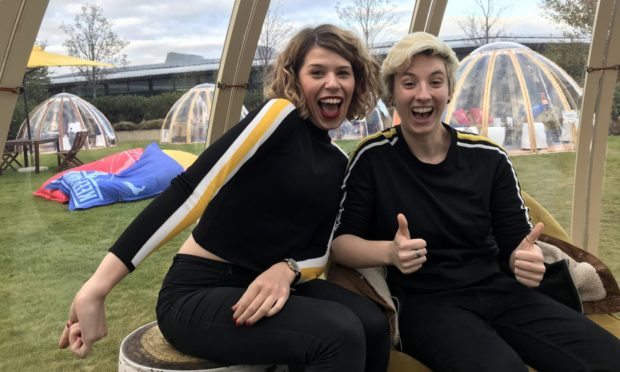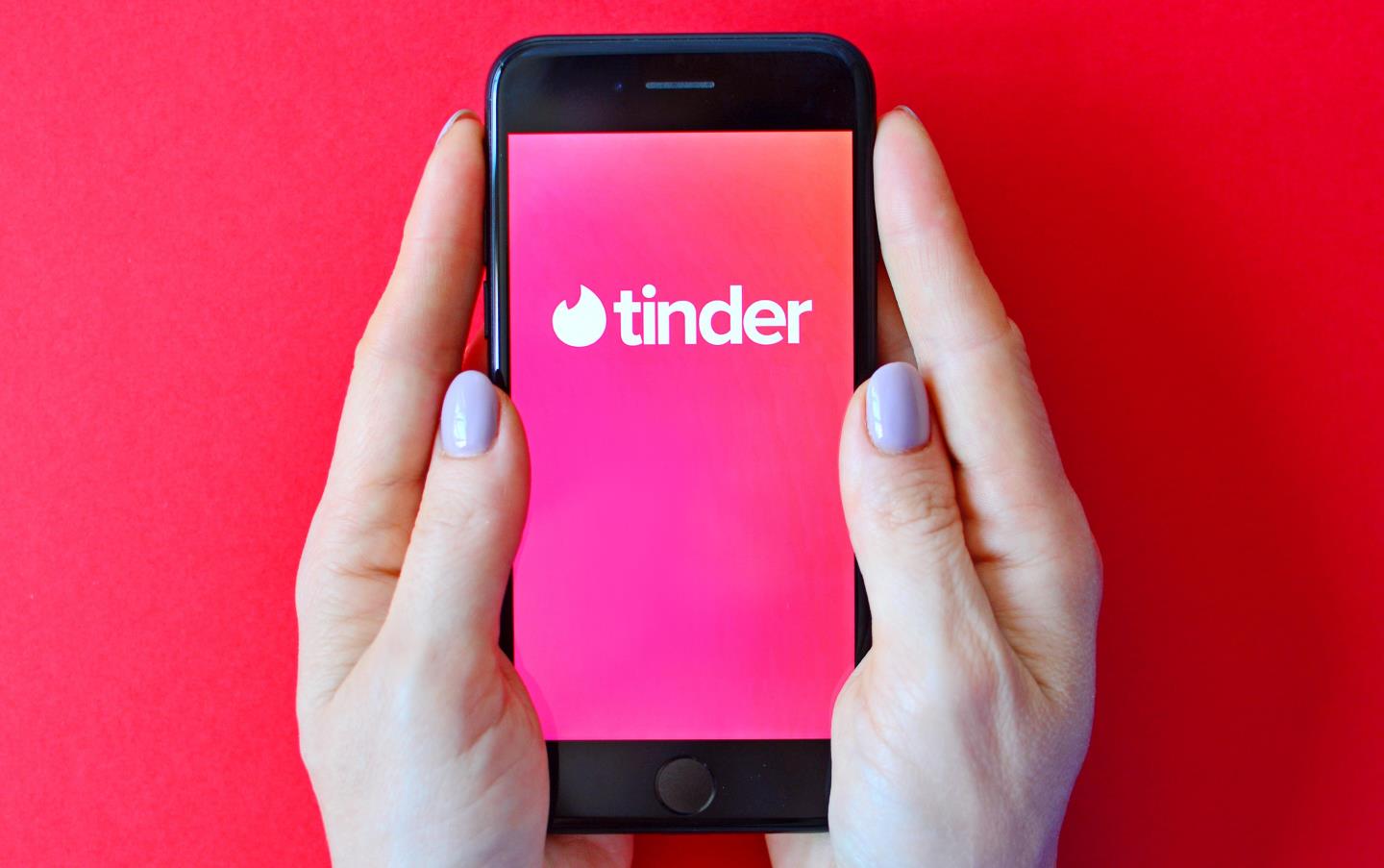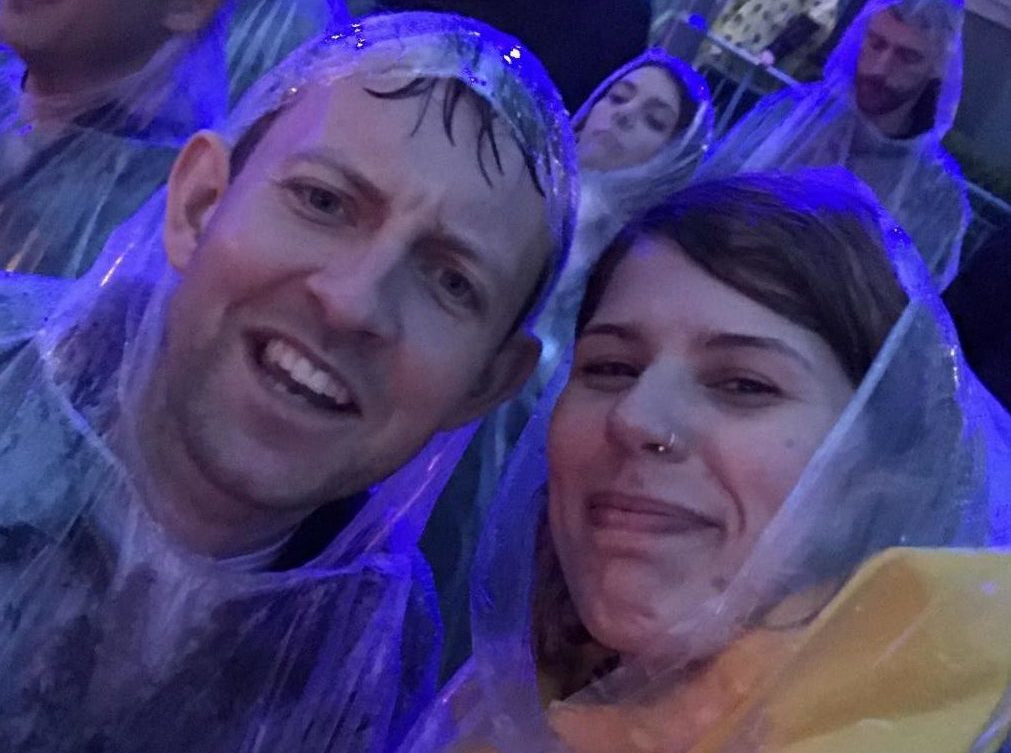I’ve got a fascination with dating app bios.
At parties I ask newly made acquaintances to pitch me their Tinder profile like I’m Don Draper. Sell me your heart, soul and all you have to offer in one line. And make it funny.
Part of the intrigue is that I never had to agonise over how to paint myself on Bumble or Hinge or any of the other apps.
For the record, it probably would have been a Magnetic Fields lyric or a quote from High Fidelity. Bonus points for boys who got the reference; crushing disappointment for everyone involved who would surely quickly realise that a matching obsession with sad indie music isn’t everything.
By the time my peers had started calling it “dating” like grown-ups, I was off the market. I have no dating horror stories. I thought I’d made a miraculous escape.
We need friends to fulfil and sustain us
What no one ever really acknowledges is that finding your romantic match (on Tinder or otherwise) isn’t the end of putting yourself out there. No one individual can give you all of the love, reassurance, intellectual stimulation and emotional sustenance you need for an entire lifetime. That’s a lot of pressure.
For that, we need friends.
Up to a certain point in life, I think most of us probably take our friends for granted. Generally speaking, they tend to come easy throughout nursery and primary school. It can get a little trickier at secondary and college or university, if you go, but thrown into close quarters with people your own age, chances are you’ll find some common ground.
After leaving student halls and big flatshares, though, no one feels obligated to socialise with you in quite the same way. At work you can collaborate, make small talk and even eat lunch with the same people for years without ever really considering them friends.
In theory, it doesn’t matter – by the time you’re finished school and are ready for the rat race, you’ve already got pals. You’re set. Don’t be greedy.
How to turn a workmate into a real mate
Maybe it was because the people I worked alongside were witty and clever and kind, or maybe it was just because I realised that I was spending more time with them than anyone else in my life, but I started finding myself wanting to bridge the gap between workmate and actual mate.
I hadn’t avoided dating at all, I was just doing it platonically. And I wasn’t very good at it
Team nights out were one thing, but what about one-on-one bonding, outside the safety of the office? I started tentatively, with the suggestion of coffee. Then we tried dinner. I went to pub quizzes and art exhibitions, meeting partners or siblings along the way.
“This was so fun, we should do it again soon,” coworker after coworker and I always said. But we never did.
There was no reason for us not to be friends away from our desks. On paper, we were a match made in heaven – similar interests, aligned values, able to make the other chuckle. But something was missing. A mutual spark.
That was when it dawned on me that I hadn’t avoided dating at all, I was just doing it platonically. And I wasn’t very good at it.
Sometimes it hurts more to lose a friend than a partner
I don’t have any break-up horror stories either, but I still have scars from the collapses of past friendships.
Years ago, one of my best friends and I drifted. Normal communication evaporated and we lived together in silence for months. I found it confusing and torturous.
I counted down the days until she moved out, but when she did I came home and felt hollow. There was no satisfying sense of release, only tired sadness and an empty space where the microwave used to be.
I was angry and hurt and bitter about how it ended, but I grieved losing her at the same time. It’s the closest I hope I’ll ever come to knowing what divorce feels like. Except, when you get married, you go into it already conscious on some level that it might not last. I don’t think anyone does the same when making a new friend.
After all that, why on earth would I willingly put my heart on the line again?
Stay open to love of all kinds
Well, I did it (and I’ll do it again) for the chance of a spark. For an unflinchingly honest moment of connection that tells me this person and I can be part of each other’s jigsaw – a small but vital missing piece that will help us both on the way to feeling whole.
If it sounds intimate, that’s because it is.
Just as you need to be open to love for it to truly engulf you, you need to be unwaveringly open to friendship. As a kid, that’s easy. But open means vulnerable, and – as an adult – vulnerable is scary.
By being vulnerable we risk rejection and humiliation – two of the most dreaded experiences in life. If you find someone willing to do that for you (without even the possibility of sex at the end), hang on to them.
Keeping the friendship spark alive
Sometimes I still think about the friends I’ve lost over the years and wonder what went wrong. We were young. We grew apart. We wanted different things in life. Textbook break-up excuses.
We work to keep the spark alive in romance, so why not in friendship?
It’s far too easy to forget that a friendship, by definition, is a relationship. And relationships take work – commitment, honesty, enthusiasm.
Complacency is surely the biggest killer of romantic relationships. We fight to keep the spark alive in romance, so why not in friendship?
They say couples should never stop dating each other, even decades in. I reckon we could all do with thinking about the friends we cherish and lean on in the same long-term way.
Alex Watson is the Head of Comment for The Press & Journal and wishes she could see all her friends tonight




